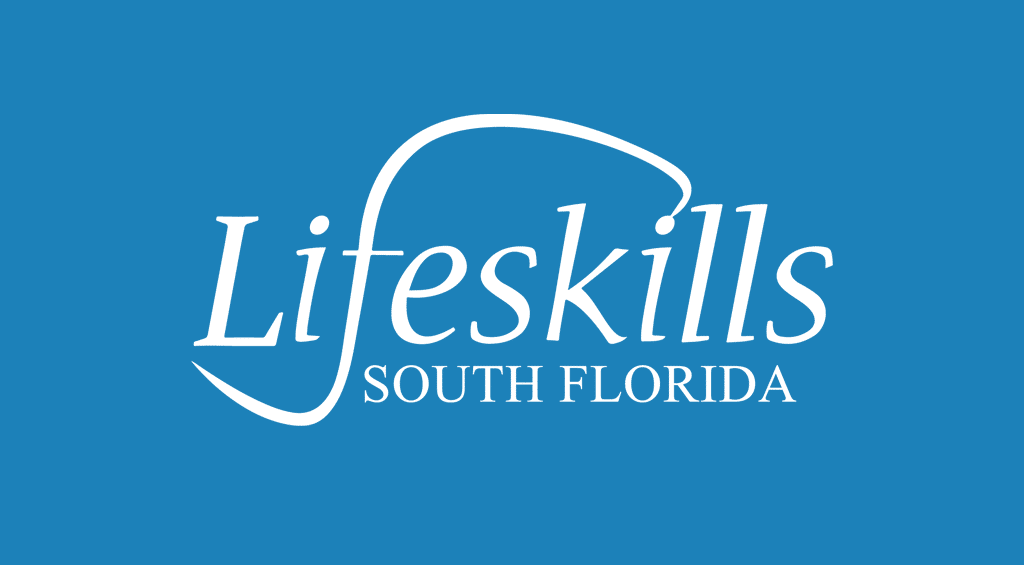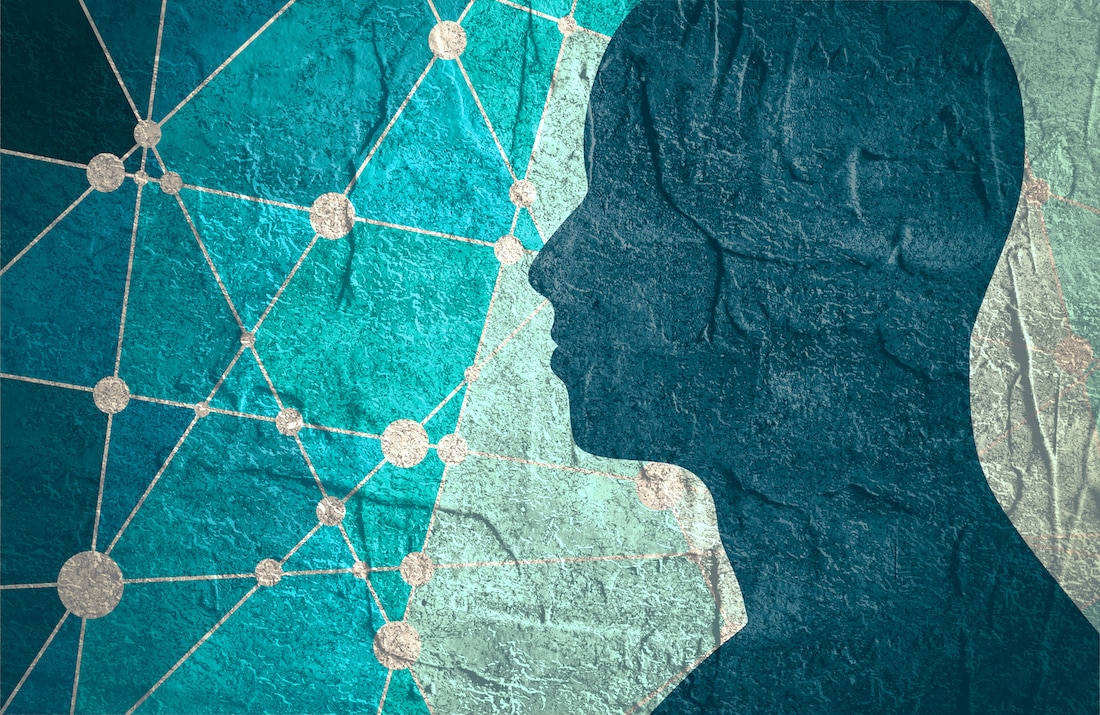
By: Dr. Michelle Quilter PsyD, CASAC
At Lifeskills South Florida, clients present to us at various stages in their recovery journey. For some individuals, Lifeskills is their first experience in treatment, and for others, they have struggled through years of addiction and have been in and out of multiple treatment centers. Regardless of where our clients are on this path to recovery, our goal is to assist them in identifying warning signs and barriers to their recovery process to create an effective aftercare plan and maximize each individual’s chance of success in recovery.
Often, clients who repeatedly relapse display specific maladaptive behavior patterns, and by identifying these patterns, it is possible to strengthen their relapse prevention plan and put proper supports in place. There may be underlying undiagnosed psychiatric issues that could be contributing to chronic relapse, and through the psychological assessment process that we can offer at Lifeskills South Florida, individuals receive diagnostic clarification and more effective treatment planning.
A relapse prevention plan is always necessary for an individual to take control of their future sobriety. For a relapse prevention plan to be effective, it should include several important factors, such as:
- Recognition and coping skills for triggers and cravings.
- A list of names of friends and family members included in your core support system.
- Activities and lifestyle changes that you plan to implement in recovery.
- Locations and meeting times of local 12 step meetings and support groups.
- Lists of places that should be avoided in recovery (bars, events with widespread drinking, places where other addicts will be, etc.).
At Lifeskills South Florida, we develop and implement these plans as soon as possible to allow clients to practice relapse prevention strategies before they transition to a lower level of care. Clients struggling with addiction or co-occurring disorders (dual diagnosis) are encouraged to attend community-based self-help groups daily and secure a sponsor. We assist clients in identifying triggers, and we provide psychoeducation to teach clients to utilize DBT and CBT skills to cope.
Some of the most common relapse triggers include:
- Feelings of grief or the loss of a loved one
- Feelings of shame or embarrassment
- Boredom
- Divorce
- Social pressures
- Problems at work or the loss of a job
- Financial distress
- Symptoms related to common co-occurring disorders such as depression, anxiety or trauma/PTSD
- Becoming overconfident or taking recovery for granted
- Feelings of hunger, anger, loneliness, and tiredness (HALT)
Clients at Lifeskills South Florida live with roommates and have a variety of opportunities to practice interpersonal skills while in treatment. The residential setting allows them also the opportunity to process any stressful triggers that may lead to relapse.
In recovery, it is important to be mindful of the fact that you cannot always control the actions of others, the outcome of certain events, or the environment that you find yourself. When uncontrollable situations produce negative outcomes, it becomes important to lean on your support systems, such as friends, family members, sponsors, or a recovery coach. Sponsors and recovery coaches are veterans to the recovery process and can help provide the friendship, advice, and motivation needed to stay in recovery. Many people that abuse drugs and alcohol self-isolate which is another reason why strong support networks are vital to recovery.
Healthy lifestyle changes will be required to sustain long-term recovery. Yoga, meditation, and exercise are three of the most popular activities, helping to build self-confidence and self-esteem, while also relieving cravings by creating natural highs within the body. These activities also allow individuals in recovery to disconnect from the negative thoughts and feelings that often plague them. Having a healthy, mind and spirit creates greater resilience to relapse. Whenever an individual is in treatment for a substance use disorder or dual diagnosis, the development and implementation of a comprehensive relapse prevention plan is essential for long-term success in sobriety.
Lifeskills South Florida employs highly specialized clinicians that will help equip you with the life skills needed to become more independent and prepared for life after recovery. We provide our clients with individualized treatment and relapse prevention plans while also offering dual diagnosis treatment in both residential and outpatient settings. To learn more about enrolling at Lifeskills South Florida, please contact us.




